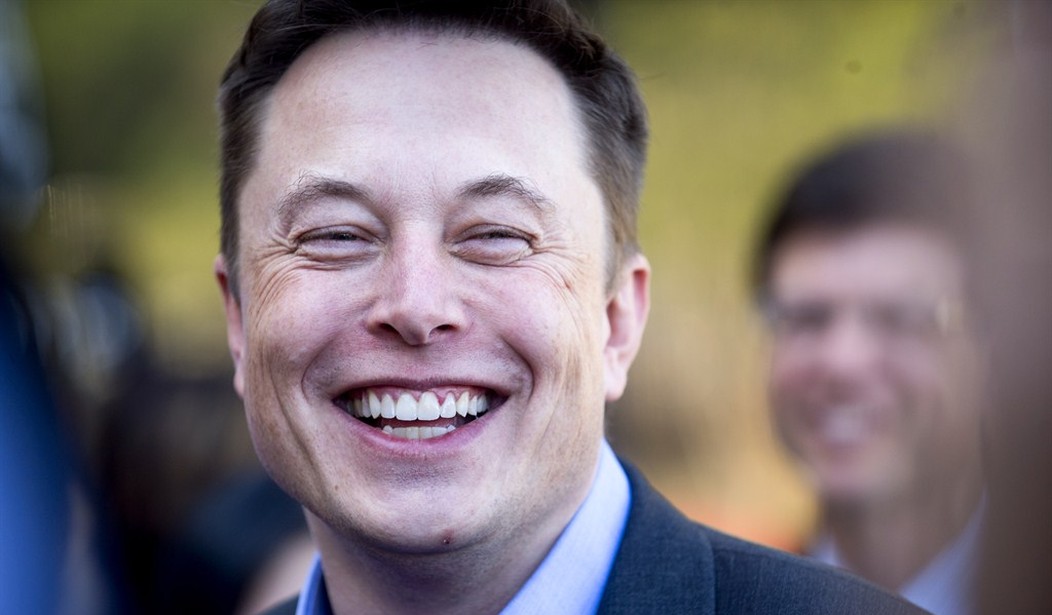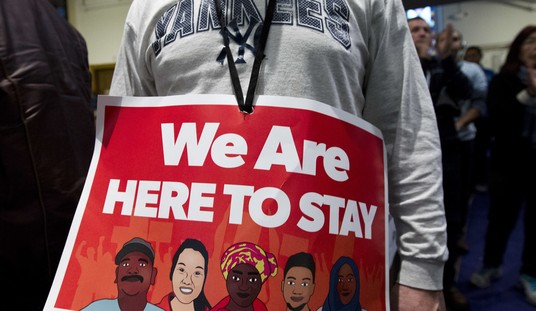This shows all the whining from journalists over Twitter has been about losing their control.
In the weeks since Elon Musk took over the reins of the social media platform Twitter, we have been inundated with media types wailing and complaining that Musk’s pledge to free up the discourse will have grave effects. We have been promised hatred was going to spread, that a loss of moderation will impact today’s election and, of course, our very democracy was at risk. Also highlighted was the flight of users, including many celebrities (oh no, Bill from “Bill & Ted’s Excellent Adventure” is gone!) and we were given details on advertisers leaving the site in droves.
Today, all of this hysteria has been exposed for what it is – petulant whining from those who fear an open marketplace of ideas threatens their foothold. This is because all of the promises of Twitter turning into a wasteland of ideas and collapsing into a bubble of intolerance and hate have been shown as false. A report from The Verge shows us that internal documents from the company reveal that since the Elon Musk acquisition of the company, user activity and growth has spiked significantly.
Why, it would almost appear as if people are hungry for a free and open arena of ideas without the oppressive sword of censorship looming from on high.
Twitter’s daily user growth hit “all-time highs” during the first full week of Elon Musk owning the platform, according to a company document obtained by The Verge. Since Musk’s dramatic takeover, Twitter’s monetizable daily user (mDAU) growth has accelerated to more than 20 percent, while “Twitter’s largest market, the US, is growing even more quickly,” according to an internal FAQ obtained by The Verge that was shared with Twitter’s sales team on Monday to use in conversations with advertisers. Per the FAQ, Twitter has added more than 15 million mDAUs, “crossing the quarter billion mark” since the end of the second quarter, when it stopped reporting financials as a public company.
Now sure, this is based on internal data and thus needs to be looked at with some skepticism, but at the same time, these are the official numbers they are professing to advertisers and at some stage, these have to be considered verifiable data points. The jarring aspect is that Twitter seemed to be suffering from the very reality of the site itself in relation to its place in society: The voices of complaints were loud but minuscule, much like the site seems to drive national narratives while a small fraction of the country is actually engaged on the platform.
The fact that user numbers are spiking at this time is an indicator that the past practices of limiting expression and controlling the overall narratives were driving people away. This makes sense, as does this positive influx as a response to Musk announcing that he would be opening up the discourse. People being freer to express their views without suffering recourse is a positive environment, even as the journalists have been intoning gloom as a result of free speech becoming less shackled.
It is apparent now that most of the dire reports and predictions have been rooted in a common reality – media types losing their level of influence. Things such as fact checks being used equally, particular topics not being squelched as “off limits,” and even the specter of blue check verification becoming a premium upgrade all mean the same thing: Journalists with an inflated sense of worth were facing that becoming diluted. As a result, all of Musk’s moves have been reported as only dire and ruinous.
The only hitch in this narrative is the people seemingly voting with their clicks. So when you hear claims the election is threatened, misinformation will go unchecked, and hate speech is exploding, understand that these are claims not rooted in facts but in reflecting on lost influence. This is why we have been treated to precious reflections like the charge that Elon Musk is a “journalism denier,” and the proposal of charging $8.00 monthly for a blue check is a “journalism tax.”
The press feels as if public discourse is their domain, and social media platforms are their jurisdiction. If ideas are opened up and people do not need to be coached on what to think, then journalists are made more impotent. Apparently, the people like the idea of free expression. And, as we have seen in the past couple of weeks, the journalism complex hates it.















Join the conversation as a VIP Member